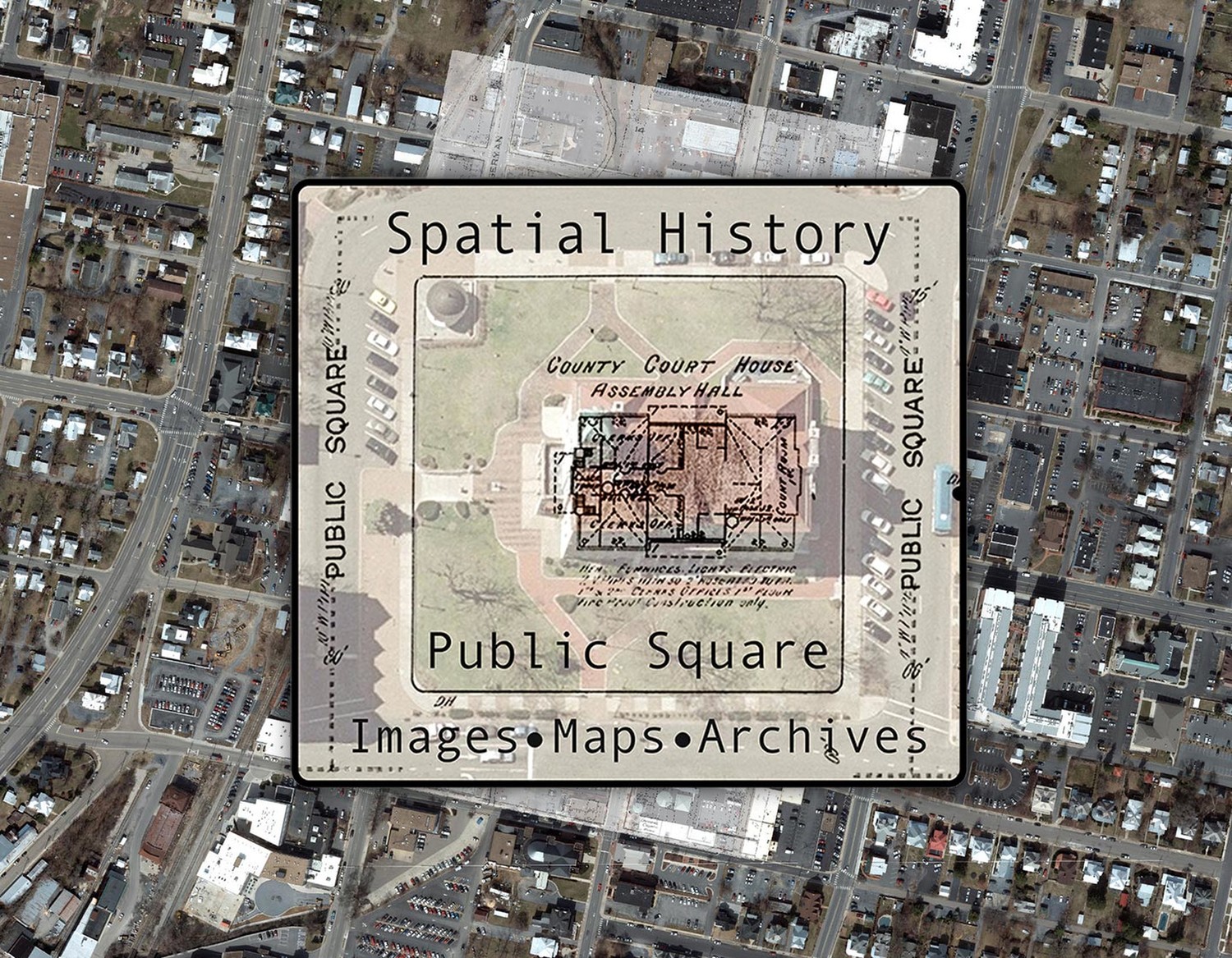Undecided voters are important to any election, perhaps no more so than in this year’s presidential contest.
“With over 40 percent of the country turning away from parties and identifying as independents, a central question determining who becomes our next president is which campaign will best persuade and turn out weak partisan and undecided voters,” says JMU communication studies professor Dan Schill, whose expertise is media and politics.
But what communication resonates with the undecided voter to cast his or her ballot for a particular candidate?
Schill has been gauging undecided voters’ reactions to the messages of political hopefuls since 2007. Using dial testing, in which focus groups of undecided voters turn hand-held dials from 1 to 100 to express their reaction to points made in a given speech or debate, Schill tracks the average of the responses second-by-second to see which arguments resonate.
“Dial testing shows us how and why these voters are responding to the candidates in real time,” he says.
Schill and Rita Kirk of Southern Methodist University, where Schill taught before joining JMU in 2013, have worked with CNN as researchers to help the network formulate its political coverage during each of the past three presidential campaigns. Using a social-scientific approach, Schill and Kirk drill deeper into undecided voters’ reasons for “dialing” a candidate’s response up or down.
Several of Schill’s students at JMU have served as research assistants at events, including a Democratic debate in Las Vegas, Nevada, in October 2015 and a focus group in Charleston, South Carolina, in February. They have assisted in locating undecided voters to participate in the dial testing and tracking the participants’ reactions.
Both Joe Demski (’16) and Joshua Roesch (’18) have found that their roles enrich their classroom studies. “The opportunity gave me a firsthand look at political messaging theory in practice,” says Demski, who graduated with a degree in communication studies and a minor in political science. “It is one thing to read about what voters respond to and how candidates adjust their messages as a result. Seeing it graphically in front of me and talking to undecided voters directly hammered what I’ve heard in class.”
Roesch, a political science major and political communication minor, says, “It has given me real, hands-on experience in high-pressure situations that is invaluable for political science majors and college students in general.”
Schill and his colleagues Kirk and Amy Jasperson of Rhodes College are co-editing a book, Political Communication in Real Time (Routledge, 2016), which is based on their dial-testing experiences.
